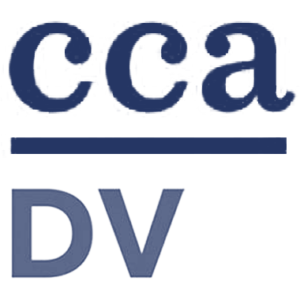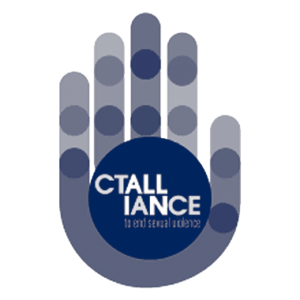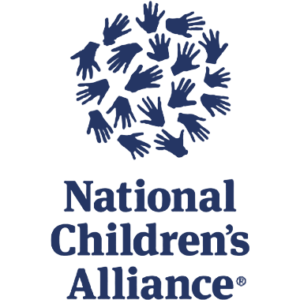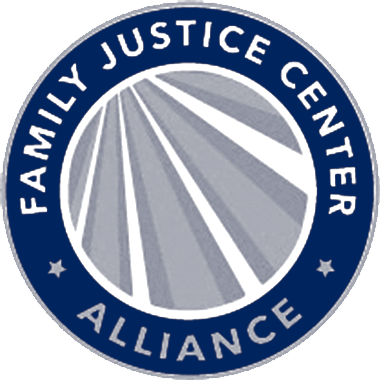For the past several months, those of us who work with victims of domestic and sexual violence have noticed an uptick of people coming through our doors and calling our hotlines asking for help.
These are not just anecdotal experiences; they is data here in the Greater Bridgeport area and around our state that show some double-digit increases in the demand for services.
Daily, our waiting room at The Center for Family Justice in Bridgeport is full of clients in crisis. The beds at our emergency safe house, Kathie’s Place, are also full and have been for the last year. In criminal court, where we have a team of counselors who work with crime victims impacted by intimate partner violence, our case load has increased by close to 20 percent in the last several months. The case load of our counselors who work with victims of domestic and sexual violence has increased almost ten percent in the last four months.
While these statistics may sound troubling, they contain some hopeful elements.
We don’t believe they reflect an increase in the actual instances of domestic or sexual violence. Instead, there is a growing awareness among victims that there are places like ours where they can tell their stories and be believed is creating a seed change in our society. Finally, it seems, victims are getting the help and support they need and deserve.
That is why the federal Violence Against Women Act (VAWA), which expired on Dec. 7, has never been more critical.
Since it was first proposed by then Delaware Sen. Joe Biden and authorized by Congress in 1994, VAWA has created a comprehensive response to domestic and sexual violence, stalking and harassment.
It has been a game changer for victims and survivors by helping to eradicate some of the stigmas they face; making law enforcement more responsive to their victimization; and providing them with comprehensive services that allow them to move beyond their trauma.
VAWA has enabled agencies such as ours to serve every community in Connecticut. It has established literal lifelines for victims by providing safe havens for them and their children. It has given them hope that they can lead lives free of trauma and abuse.
As VAWA has evolved over the years it has also recognized the important needs of victims who already find themselves marginalized in our society, building in protections for undocumented immigrants and those who identify as LBGTQ. We know these populations are less likely to report crimes of sexual and domestic violence and receive protections from their abusers.
There are so many reasons to advocate for the reauthorization of VAWA, but let’s highlight just a few that make continuing to address these public health problems imperative:
- One out of four women and one out of seven men will be victims of domestic violence in their lifetime.
- More than half of all female homicide victims in the United States are killed by an intimate partner, according to the federal Centers for Disease Control. The only thing that kills more women is car wrecks.
- One in five women and one in 71 men will be raped at some point in their lives, according to the National Sexual Violence Resource Center.
- One in four girls and one in six boys will be sexually abused before they reach their 18th
- Domestic violence is the leading cause of homelessness for women in the United States.
- While rates of domestic violence have fallen since VAWA was first enacted (some estimates put that number as high as 61 percent), rates of reporting are rising.
- Studies show that 24 people per minute are the victims of rape, physical violence or stalking by an intimate partner.
Here are just some of the ways VAWA helps victims transform into survivors:
- Funds from VAWA help support domestic violence shelters, such as our 15-bed Kathie’s Place, which provide safe, temporary places for victims to seek protection for themselves and their families while they work to rebuild their lives.
- It also allows agencies such as ours to provide free, confidential hotlines which connect victims in crisis with counselors who can help them safety plan, seek shelter and connect with law enforcement and health-care providers.
- It connects victims with legal services they desperately need to seek protections from their abusers.
- Increases protections—including preventing housing discrimination—against victims who live in public housing.
- Provides protections to immigrants who have been the victims of trafficking, a growing epidemic in our society.
Now, as reauthorization of VAWA is considered, we find ourselves at a critical point in our society. As more and more people seek the services of agencies such as ours, they are in peril until VAWA is reauthorized.
So, let’s talk about what’s at stake. Let’s talk about the women whose lives were taken last year by violence perpetrated by those who claimed to love and cherish them. Think about the late Shanaan Watt and her little daughters Bella and Celeste in Colorado, murdered by their husband and father. Let’s talk about Iris Lopez, the Stamford mother of four who was recently beaten to death in Stamford. Police claim her estranged husband—who had a history of domestic violence—left her to die when she was mortally injured with more than 30 bruises on her body. The circumstances of her death remain under investigation.
Let’s talk about the victims of sexual assault—too many women, men and children—who have suffered in silence, but are finding the courage to come forward to tell their stories in this #MeToo era.
Let’s talk about the more than 9,000 women, men and children the agency I lead saw come through its doors during the last year. They may be anonymous, but they came to us looking for help, healing and justice. They deserve the hope and protection VAWA offers to transform from victims into survivors.
To not support its reauthorization ignores the dangers too many people face every day in places where they should feel safe, secure and loved.
–Debra A. Greenwood is the President & CEO of The Center for Family Justice






